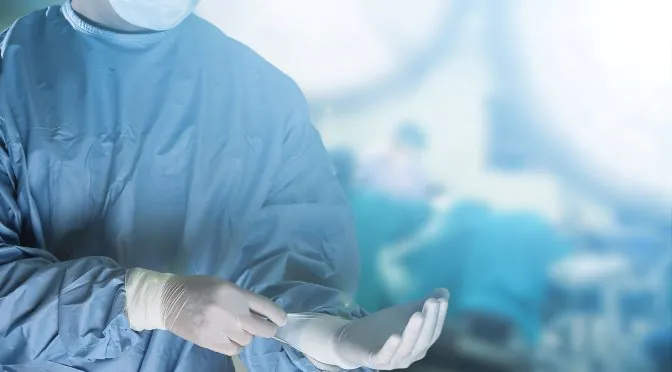The global automotive biosensors market was valued at more than $10 million in 2015 and is expected to reach $25 million by 2020, says Technavio.
Technavio’s automotive electronics portfolio has announced its latest market research report on automotive biosensors for the forecast period, 2016-2020. This market analysis discusses the major drivers and key emerging trends that will influence the growth of the global automotive biosensors market during the forecast period. Some of the top vendors listed in this industry analysis include Nissan, Ford, and Volkswagen.
In terms of geographical segmentation, North America will account for the largest share of the global market, reaching revenues of almost $14 million by 2020. The US will emerge as the key revenue-generator in this region.
“Biosensors are emerging as a popular remote healthcare delivery tool. The data from biosensors is communicated to a remote healthcare service provider, making it possible to communicate appropriate first aid to the driver or other occupants of the vehicle. On account of critical conditions, the sensors can be tuned to immobilize the vehicle and activate an alarm while electronic connectivity enabled gadgets can notify emergency medical services,” says Siddarth Jaiswal, a lead analyst at Technavio for research on automotive electronics.

Click here to request a free sample of this report
The new industry research report from Technavio analyzes some of the key drivers and trends responsible for the growth of this market and its sub-segments.
Growing need to curb road fatalities arising from drunken driving
Governments across the globe are taking several initiatives in an attempt to reduce the number of road fatalities. The need to curb road accidents that result from alcohol impairment is given utmost priority. The US federal government has already enforced laws to curb drunken driving. Biosensors, or alcohol sensors, can be strategically placed inside the vehicle in transmission shift knobs to detect the presence of alcohol in a drunk driver’s palm. Such sensors can be engineered to signal the driver to stop the car. Other types of biosensors can detect driver alertness based on the driver’s eye movements. Such advantages of biosensors are expected to open up huge opportunities for growth of the market.
Penetration of smartphones among drivers
Driver distraction due to smartphone usage often results in road fatalities or severe accidents and can be curbed by strict government laws. Furthermore, safety features in vehicles can notify drivers when eyes and hands go off the road and the steering wheel. The advent of biosensors is likely to prove advantageous in scenarios as they can immobilize the vehicle if the driver exceeds the permissible glance time or eyes-off-road time.
Growing maturity of biosensing technologies and increased acceptance in clinical application industry
The adoption of biosensors for monitoring the body’s vital signs in the clinical applications segment is on the rise. Increasing awareness about lifestyle-related diseases such as atherosclerosis, heart disease, and obesity to curb blood pressure from aggravating is also fueling the demand for wearable devices that are equipped with biosensors. Biosensors integrated into fitness bands or other wearable devices enable a user to track activities such as exercise, jogging, walking, sleeping, and muscle activities and also measure calorie count, heart rate, and distance traveled. The growth of lifestyle-related diseases is associated with factors such as the excessive use of tobacco, harmful use of alcohol, and poor dietary practices.
Some of the other prominent vendors identified in this report are Audi, Medtronic, Cadillac, Daimler, Opel, Jaguar Land Rover, and Freer Logic.
This research report includes an in-depth analysis and market shares and sizes of the sub-segments and geography. It provides a comprehensive analysis of the key companies, including their market shares, business overview, key financials, etc. The market study also offers a detailed analysis of key drivers, challenges, and opportunities influencing this market.
A more detailed analysis is available in the Technavio report titled, ‘Global Automotive Biosensors Market 2016-2020’. Technavio also customizes reports by other regions and specific segments upon request.
Other related reports:
- Global Automotive Smart Seating Systems Market 2016-2020
- Global Rear-seat Infotainment Market 2016-2020
- Global Automotive Heated Seats Market 2016-2020
To read more press releases- click here.
For any assistance or query, please contact our media team at:
media@technavio.com
US: +1 630 333 9501
UK: +44 208 123 1770
https://www.technavio.com/



